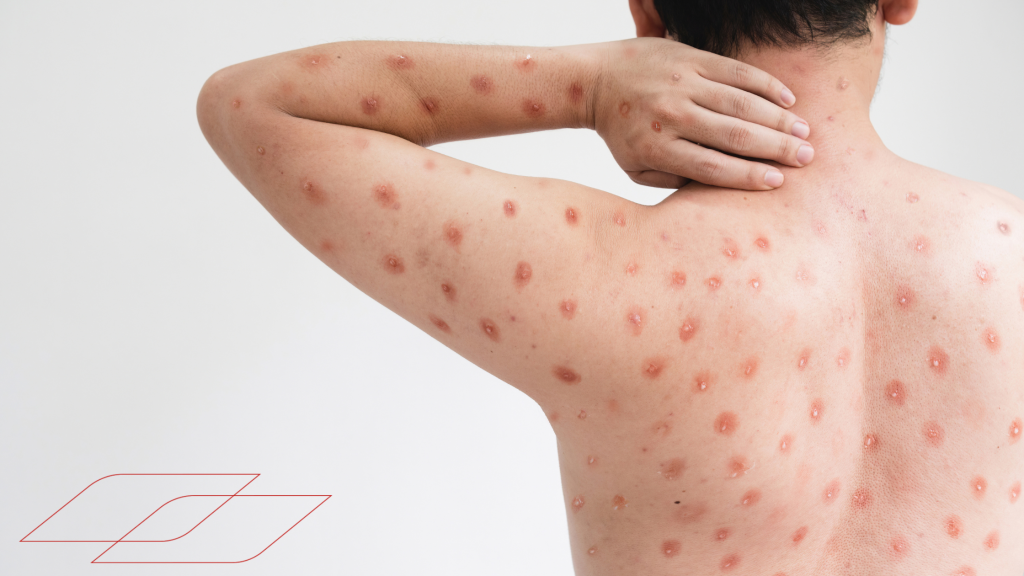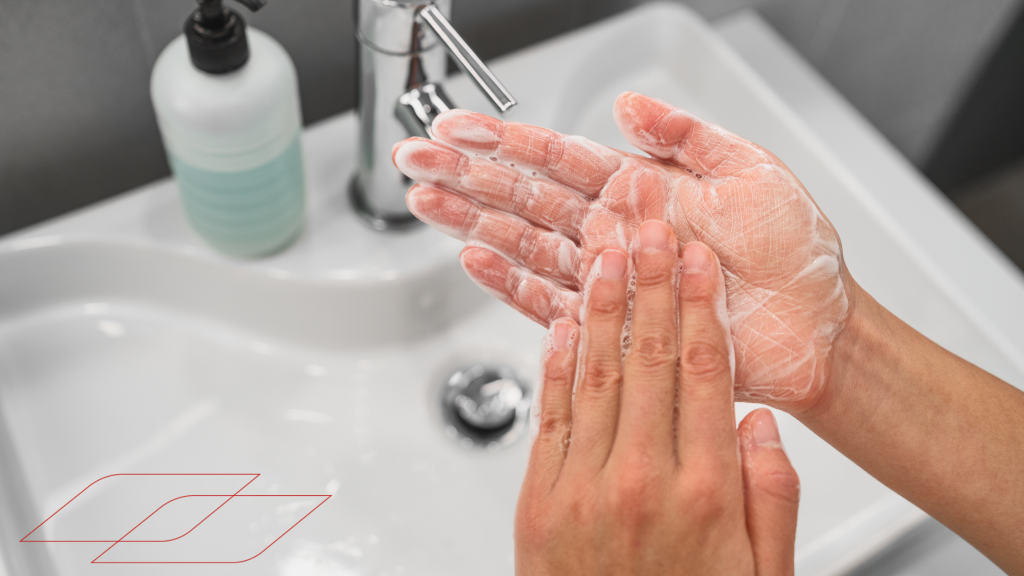Understanding the Threat of MPox in the Philippines and How Generali Philippines Can Help
In recent years, we’ve seen a rise in diseases that have caught the world off guard—enter

MPox, a relatively new player in the arena of public health concerns. As Filipinos, it’s essential to understand what MPox is, how it could affect our communities, and most importantly, what steps we can take to protect ourselves and our loved ones.
What is MPox?
MPox, or Monkeypox, is a viral disease that has recently gained global attention due to its potential to spread across borders. Originally identified in Central and West Africa, the virus has now been reported in various parts of the world, including the Philippines. While it shares some similarities with smallpox, MPox is generally less severe, but that doesn’t mean we should take it lightly.
Symptoms and Transmission
The symptoms of MPox typically include fever, swollen lymph nodes, and a distinctive rash that may appear on the face, hands, and other parts of the body. These symptoms can last from two to four weeks. The virus spreads primarily through direct contact with the body fluids or sores of an infected person, or through respiratory droplets in prolonged face-to-face interaction.

It’s important to note that MPox can also be transmitted through contact with contaminated objects, such as clothing or bedding. This means that the virus can potentially spread in households and communal settings, making awareness and caution crucial.
MPox in the Philippines: What You Need to Know
As of now, the cases of MPox in the Philippines remain relatively low, but the situation can change rapidly. According to a recent report by The New York Times, the Philippines confirmed its first case of MPox in August 2024, raising concerns among public health officials about the potential spread of the virus in densely populated areas . The Department of Health (DOH) has been proactive in monitoring and containing any potential outbreaks. However, due to the global nature of travel and commerce, the possibility of MPox entering and spreading in the country cannot be ruled out.
The impact of MPox on the Filipino population, especially in urban centers like Metro Manila, could be significant if not managed properly. Schools, workplaces, and public transportation could all become hotspots for the spread of the virus if preventive measures are not in place.
How to Protect Yourself and Your Family
Prevention is always better than cure, and with MPox, the strategy remains the same. Here are some practical tips to reduce your risk:

- Practice good hygiene: Regular handwashing with soap and water is your first line of defense. Make it a habit to wash your hands before eating, after using the restroom, and when you come home from outside.
- Avoid close contact with infected individuals: If someone you know has symptoms of MPox, it’s best to maintain a safe distance. Encourage them to seek medical attention immediately.
- Be cautious in communal settings: In places like offices, schools, and public transport, try to avoid touching surfaces unnecessarily and use hand sanitizer frequently.
- Stay informed: Keep an eye on updates from the DOH and other reliable sources about the status of MPox in the Philippines.
Generali Philippines is Here to Help
In times of uncertainty, having access to reliable healthcare services is invaluable. Generali Philippines offers 24/7 Call-A-Doc services through our GenConnect App. Imagine the peace of mind knowing that you can consult with a doctor anytime, anywhere, all from the convenience of your smartphone.
Got a health concern? GenConnect it! Download the GenConnect App now via the App Store or Google PlayStore.
Stay informed, stay protected, and let Generali Philippines be your health partner during these uncertain times.For more information, explore the full range of health services we offer through our website. Let’s work together to keep MPox at bay and ensure a healthier future for all Filipinos.

